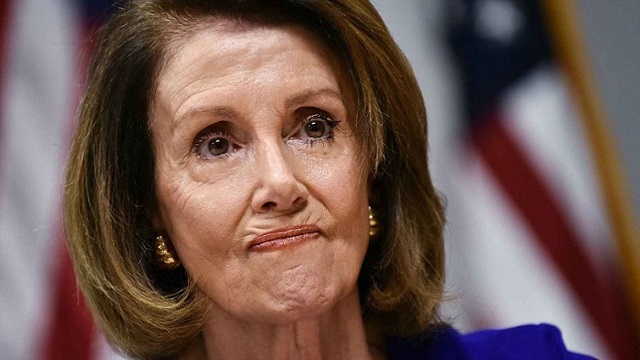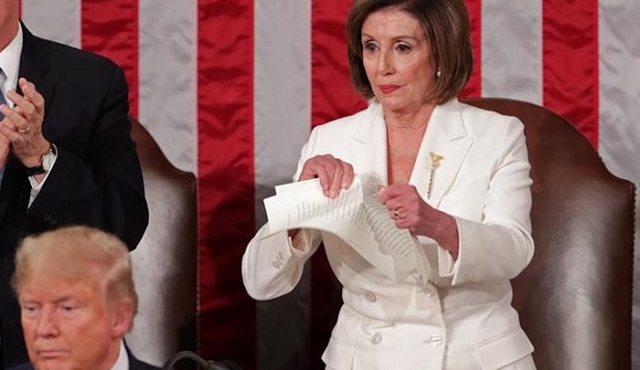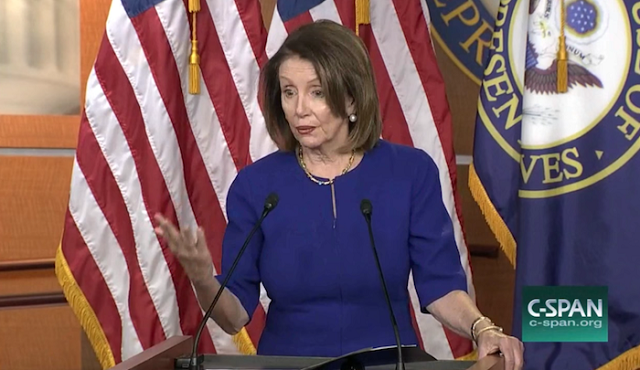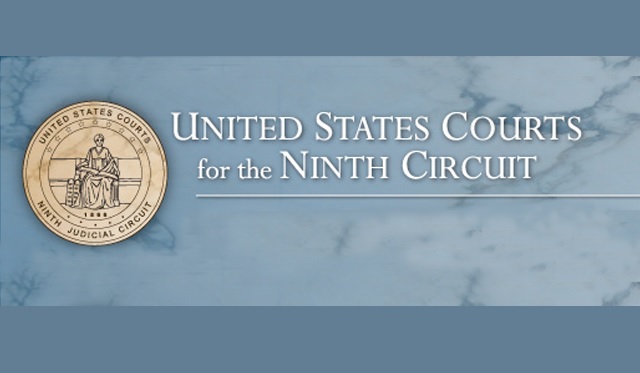
Does expansion of entry restriction for aliens strengthen or weaken national security?
On January 31, 2020 the Department of Justice issued a press release, Fugitive Wanted by Iraq for Murder of Iraqi Police Officers Arrested in Arizona began with this passage:
A Phoenix-area resident, who is alleged to have been the leader of a group of Al-Qaeda terrorists in Al-Fallujah, Iraq, appeared today before a federal magistrate judge in Phoenix, Arizona in connection with proceedings to extradite him to the Republic of Iraq. He is wanted to stand trial in Iraq for two charges of premeditated murder committed in 2006 in Al-Fallujah.
The arrest was announced by Assistant Attorney General Brian A. Benczkowski of the Justice Department’s Criminal Division and U.S. Attorney Michael Bailey for the District of Arizona.
An Iraqi judge issued a warrant for the arrest of Ali Yousif Ahmed Al-Nouri, 42, on murder charges. The Government of Iraq subsequently requested Ahmed’s extradition from the United States. In accordance with its treaty obligations to Iraq, the United States filed a complaint in Phoenix seeking a warrant for Ahmed’s arrest based on the extradition request. U.S. Magistrate Judge John Z. Boyle issued the warrant on January 29, 2020, and Ahmed was arrested the following day.
Subsequent news reports have indicated that Al-Nouri entered the United States as a refugee some ten years ago, was recently married and has been operating a driving school in Arizona.
That an alleged al-Qaeda terrorist and Iraqi fugitive, wanted for murder would enter the United States gives rise a long list of questions that includes the obvious and disconcerting question- was he here to participate in or support a terror attack?
That Al-Nouri was able to enter the United States as a refugee calls into focus the apparent failure of the vetting process that enabled him to legally enter the United States, provided the allegations made by the Iraqi government about him are true.
In point of fact, for decades, a long list of other terrorists were able to game the vetting process and the immigration benefits program to enter the U.S. and embed themselves in preparation for a deadly terror attack.
This brings us the fact that on the very same day that the DOJ announced the arrest of a suspected terrorists and international fugitive by the FBI, ICE and the U.S. Marshals Service, on January 31st, perhaps coincidentally, The Hill reported, Trump administration restricts travel from Nigeria and five other countries. Here is an excerpt from that report:
The government will curb the ability of citizens of Nigeria, Myanmar, Eritrea, Kyrgyzstan, Sudan and Tanzania to get certain immigration visas, according to officials with the Department of Homeland Security (DHS) and State Department, but it is not a blanket travel ban.”Because we have higher confidence that these six countries will be able to make improvements in their system in a reasonable period of time, we did not feel it would be proportionate to impose restrictions on all immigrant and non-immigration visas,” a DHS official said.
The official cited national security concerns as the reason for the restrictions, saying the governments of the six countries do not meet requirements for information-sharing and passport security.
President Trump was expected to sign a proclamation approving the restrictions on Friday afternoon, and it will go into effect on Feb. 22.
The actions of President Trump to tighten up the vetting process for alines entering the United States are, in reality, consistent with standing law and with the findings and recommendations of the 9/11 Commission.
However, just hours after The Hill reported on the Trump administration’s expansion of the entry restriction for citizens of certain countries, The Hill reported, Pelosi: Trump’s expanded travel ban is ‘outrageous, un-American’ and threatens ‘rule of law’ and began this way:
Speaker Nancy Pelosi (D-Calif.) ripped President Trump’s expanded travel ban after he included six other countries to the list of those that will face increased travel restrictions.
“The Trump Administration’s expansion of its outrageous, un-American travel ban threatens our security, our values and the rule of law. The sweeping rule, barring more than 350 million individuals from predominantly African nations from traveling to the United States, is discrimination disguised as policy,” Pelosi said in a statement.
In reality the so-called “travel ban” is actually an “entry restriction” and, far from being illegal is actually one of many authorities provide to the President of the United States to protect national security and public safety. Nevertheless, Speaker Pelosi falsely and recklessly claimed that somehow the President’s decision to use standing law to control the entry of aliens whose presence would pose a national security threat would do the precise opposite and supposedly threaten national security and the rule of law.
As I have noted in previous articles and testimony, under one of the provisions of the Immigration and Nationality Act, Specifically 8 U.S. Code § 1182: (f) Suspension of entry or imposition of restrictions by President the President has wide-ranging authority to suspend the entry of any and/or all aliens if he determines that their entry would be detrimental to the interests of the United States. The term “detrimental to the interests of the United States” is as low a bar as could be imagined.
Here is that section of the Immigration and Nationality Act:
Whenever the President finds that the entry of any aliens or of any class of aliens into the United States would be detrimental to the interests of the United States, he may by proclamation, and for such period as he shall deem necessary, suspend the entry of all aliens or any class of aliens as immigrants or nonimmigrants, or impose on the entry of aliens any restrictions he may deem to be appropriate.
This then raises the obvious and unavoidable questions that the mainstream media would never ask Ms Pelosi, how could she claim that is it illegal for the President of the United States to impose a restriction on the entry of aliens, when long-standing federal law provides that very authority to the President?
How does President Trump’s decision to prevent the entry of aliens who might pose a threat to national security threaten national security?
In point of fact, the preface of the official report, 9/11 and Terrorist Travel begins with this unambiguous paragraph:
It is perhaps obvious to state that terrorists cannot plan and carry out attacks in the United States if they are unable to enter the country. Yet prior to September 11, while there were efforts to enhance border security, no agency of the U.S. government thought of border security as a tool in the counterterrorism arsenal. Indeed, even after 19 hijackers demonstrated the relative ease of obtaining a U.S. visa and gaining admission into the United States, border security still is not considered a cornerstone of national security policy. We believe, for reasons we discuss in the following pages, that it must be made one.
This is hardly the first time, and I suspect will not be the last time, that Pelosi and her fellow immigration anarchists will attack the President and immigration law enforcement personnel who are dedicated to protecting national security and the lives of innocent Americans.
Indeed, she has frequently alleged that the President has acted “Unconstitutionally” when he insists on securing our nation’s borders against the illegal entry of aliens and/or enforcing our immigration laws.
In anticipation of that bogus claim Ms Pelosi and her fellow radicals should read Article IV, Section 4 of the U.S. Constitution:
The United States shall guarantee to every State in this Union a Republican Form of Government, and shall protect each of them against invasion; and on Application of the Legislature, or of the Executive (when the Legislature cannot be convened) against domestic Violence.
Facts are, indeed, stubborn things!
EDITORS NOTE: This FrontPage Magazine column is republished with permission. © All rights reserved.






